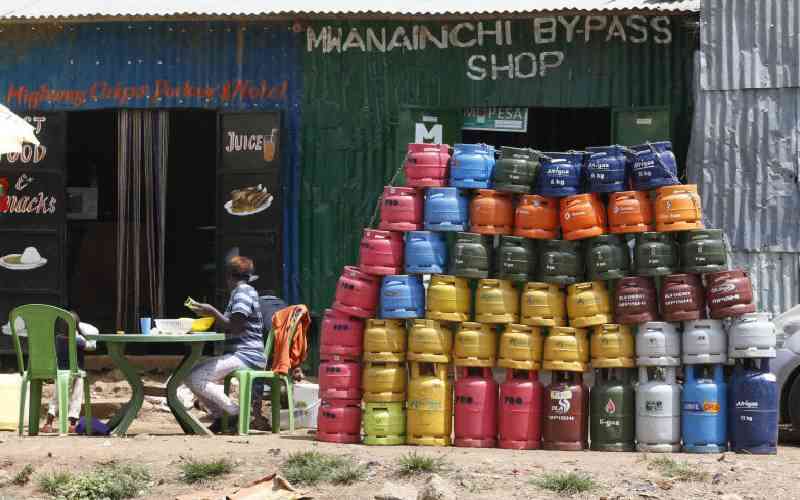×
The Standard e-Paper
Join Thousands Daily

Multi-billion-shilling investments in new liquefied petroleum gas (LPG) import and distribution terminals have raised Kenyans' hopes for cheaper cooking gas.
Five firms have in recent weeks applied for State licences to set up terminals that will act as common user facilities for storage and loading for LPG dealers.